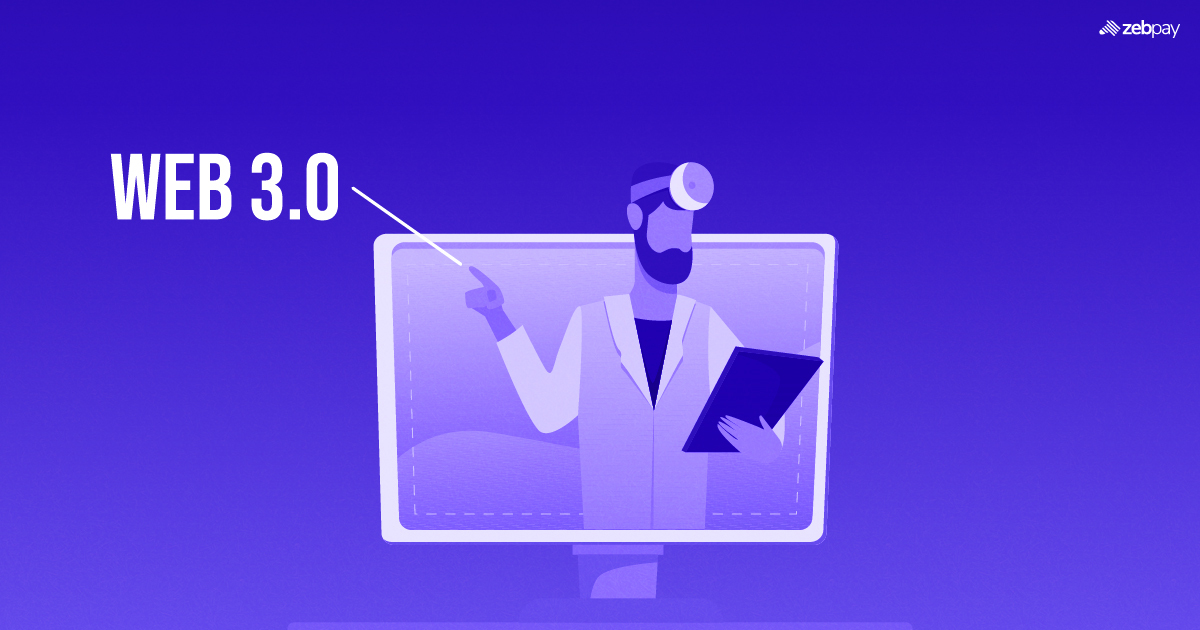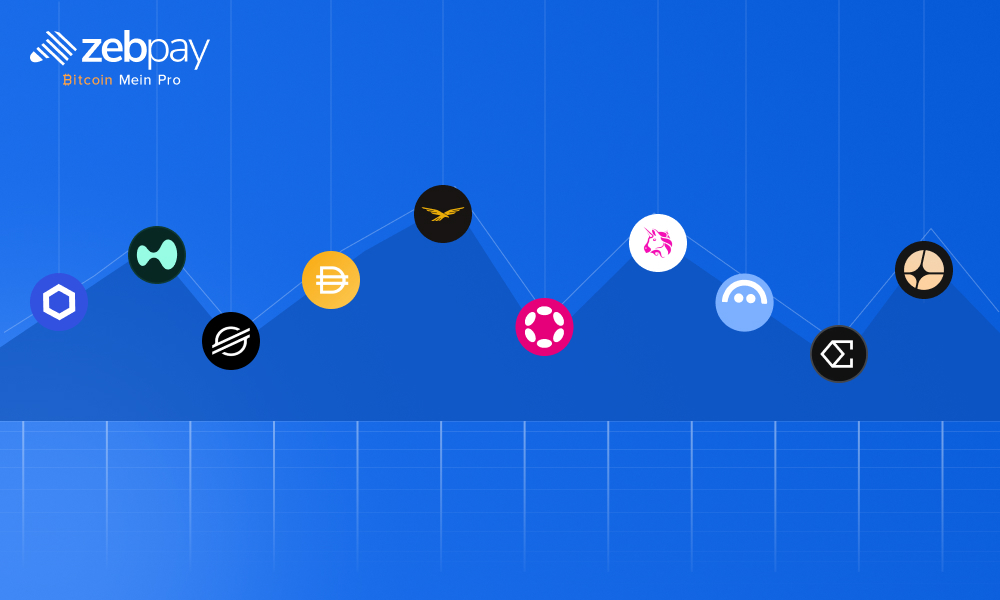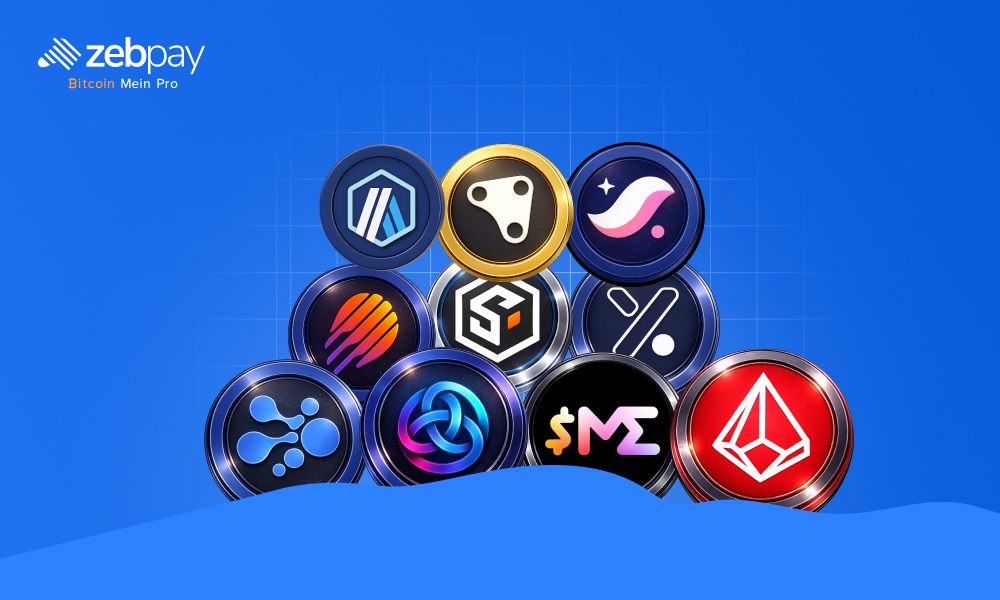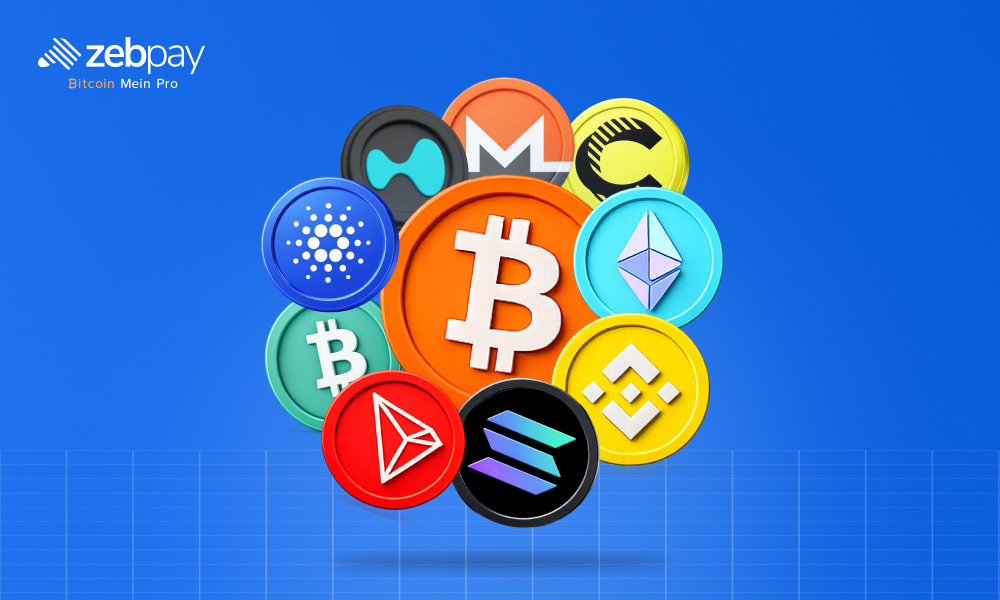The internet became mainstream in the 1990s, but there was no user interaction in Web 1.0. The second iteration of the internet, Web 2.0, was useful for companies as it facilitated effective user interactions, giving them multiple data points. Web 2.0 proved beneficial in the healthcare sector as it enabled information to be shared with healthcare institutions like hospitals and facilitated efficient patient-doctor interactions. It enabled healthcare institutions to understand their customers better and deliver efficient services, but it had its drawbacks. One of the significant concerns was data security. User data is collected by centralized entities in Web 2.0, such as websites and servers, which are common targets of hackers.
Web3 can transform the healthcare sector through efficient data management systems, reduced drug counterfeiting, and cutting-edge technological health solutions. Web3 technology and its applications can offer unique solutions to drive innovation in the healthcare sector.
Understanding Web 3.0
Web3 refers to the next iteration of the internet, featuring cutting-edge technologies such as blockchains, crypto tokens, and NFTs to transform how we interact with digital content and give power back to the users. Some of its key concepts include:
- Decentralization: Web3 is not controlled by centralized entities; its ownership is distributed amongst its users and developers.
- Permissionless: Every user has equal access to engage with Web3 applications, and nobody is excluded.
- Native payment: Web3 uses crypto tokens for transactions and does not rely on traditional financial institutions like banks.
- Trustless: Web3 runs on economic mechanisms and does not rely on trusted intermediaries.
Blockchain is the key underlying technology powering Web 3. It stores sensitive patient data in its immutable digital ledger, and this data cannot be altered as it is distributed among various nodes. Web3 also uses crypto tokens to empower users with ownership rights. It can make healthcare solutions more patient-centric and decentralize sensitive data by handing over ownership to patients.
Read more: What is Web 3.0
One of the key players in the Web3 healthcare sector is DeHealth, which is developing an AI platform for healthcare data management. It announced a partnership with Chain Link last year to facilitate healthcare data processing, storage, and monetization. Many companies are working on innovative Web3 solutions to transform the healthcare sector. Medical Realities is another Web3 company that offers training to medical professionals through virtual and augmented reality devices. Companies like Augmedics and Medivis employ AR and XR technology to assist surgeons.
Personalized and Decentralized Health Records
Currently, many Web3 healthcare solutions are focused on efficient data management in medical institutions. Each patient has unique symptoms, diseases, and treatments. This requires separate medical records, which can be difficult for hospital administration to manage as thousands of patients access these institutions. Currently, health records are stored on centralized servers and are susceptible to hacking, and patients have no access to them.
Blockchain technology powers the Web3 ecosystem, and sensitive healthcare data can be securely stored in its immutable ledger. It offers transparency in managing patient data, and any data changes will be visible to its owners. Patients have complete control over their data, and only medical professionals can access it. Decentralized data storage can solve many of the current Web 2.0 security issues.
Artificial Intelligence (AI) and Machine Learning (ML)
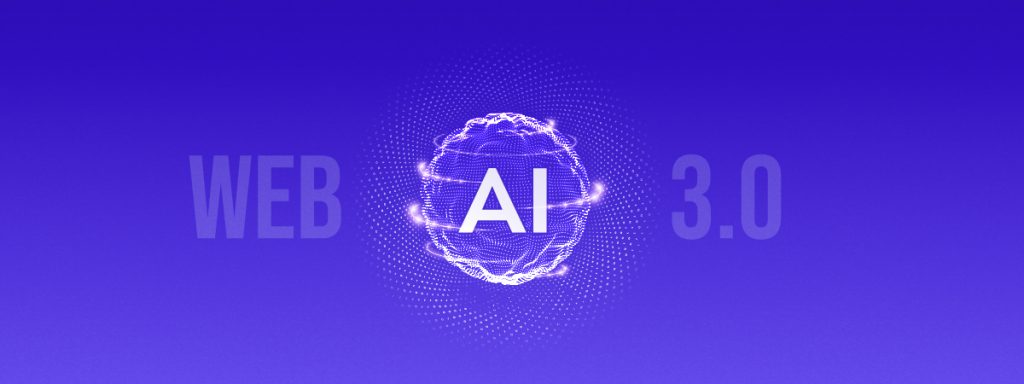
Artificial intelligence and machine learning can make significant contributions to the healthcare sector. Many Web3 applications are being developed, such as enhanced medical images, improved diagnostics, and virtual patient care. Other Web3 healthcare solutions include AI-powered temperature sensors, speech recognition for digital medical records, AI to explain medical procedures, and others to improve services in the healthcare sector.
The medical community is slowly realizing the importance of AI tools to improve many processes in healthcare operations and delivery. AI and ML technology can play a vital role in providing innovative solutions such as continuous monitoring for early detection and diagnosis, better follow-ups, and tailored treatments.
Internet of Things (IoT) and Connected Healthcare
Wearable devices such as heart rate and blood pressure cuffs, glucometers, and others can help provide personalized healthcare solutions. These devices can help patients remind them of their appointments, calorie check, monitor blood pressure, and help track exercise sessions. IoT devices can transform patient care, especially for elderly patients, through continuous monitoring. Medical professionals can better track patients’ health through home monitoring equipment embedded with IoT. IoT allows medical professionals to connect with patients proactively, and IoT data can help doctors identify the best treatment method.
IoT medical devices can be useful in hospitals; for example, they allow for real-time tracking of medical equipment such as oxygen pumps, wheelchairs, defibrillators, and other equipment. One of the vital issues faced by hospitals is containing the spread of infections, and IoT devices can help patients avoid getting infected. They can also help monitor different healthcare environments and manage pharmacy inventory.
Blockchain Technology for Secure Data Exchange
Blockchain technology is the underlying technology that powers Web3 and can be used to share data securely. It can help solve a big issue in the healthcare sector: medical data security. It can also help manage medical records better and apply analytics for enhanced medical care. It can help medical professionals share sensitive data securely across fragmented medical systems.
Other areas where blockchain can help the healthcare sector include Smart contracts for medical insurance, improving supply chain processes, and personalized digital records. Blockchain can help secure digital health records and provide better data to implement advanced analytics. Access to reliable medical data can help medical professionals make better decisions.
Read more: What Are Blockchain Layers
Data Analytics and Population Health Management
Population health management is vital to improving community health. It gathers medical data from multiple sources to apply analytics to improve community care. It relies on data analytics to identify treatments for a particular group and deliver care to the right group. Big data can be used to solve health issues faced by large communities. It can analyze various data points such as age, gender, medical history, and insurance to help medical companies provide efficient healthcare solutions. Data analytics in healthcare can help identify the best procedures for various medical issues. IoT wearable devices can provide valuable data to improve patient care. Population health management and data analytics can identify groups that are in immediate need of medical attention, manage risks, and track progress.
Regulatory and Ethical Considerations
Cybersecurity is a vital issue with the growing adoption of Web3 and IoT technologies.
There is a need for Web3 regulations to make sure healthcare companies respect patient privacy and security in terms of using their data. There is also a need to review healthcare design frameworks to identify and implement ethical design features in Web3 healthcare platforms. An ethical design framework includes risk mitigation strategies, ethical principles, privacy and security policies, and organizational values. Ethical issues must be addressed with the rising adoption of AI and Web3 technologies in the healthcare sector. Previous guidelines and studies can help develop ethical guidelines for healthcare blockchains.
Read more: Web3 and Data Privacy
Challenges and Future Directions
There are a few challenges to address for Web3’s mainstream adoption in healthcare. These include technical limitations, regulatory challenges, and establishing trust amongst stakeholders. Healthcare companies must ensure patient data security and privacy, especially when healthcare data is only increasing.
Web3 can revolutionize the healthcare sector through efficient data management systems and personalized patient care. It can empower users by giving them control over sensitive health data, improve data security, and foster medical innovation. All Web3 stakeholders must work together to address the issues mentioned here and create an environment to support this innovative technology that can reshape the healthcare sector.
To stay up to date with the latest crypto news, visit ZebPay blogs. Click on the button below to trade on ZebPay.

